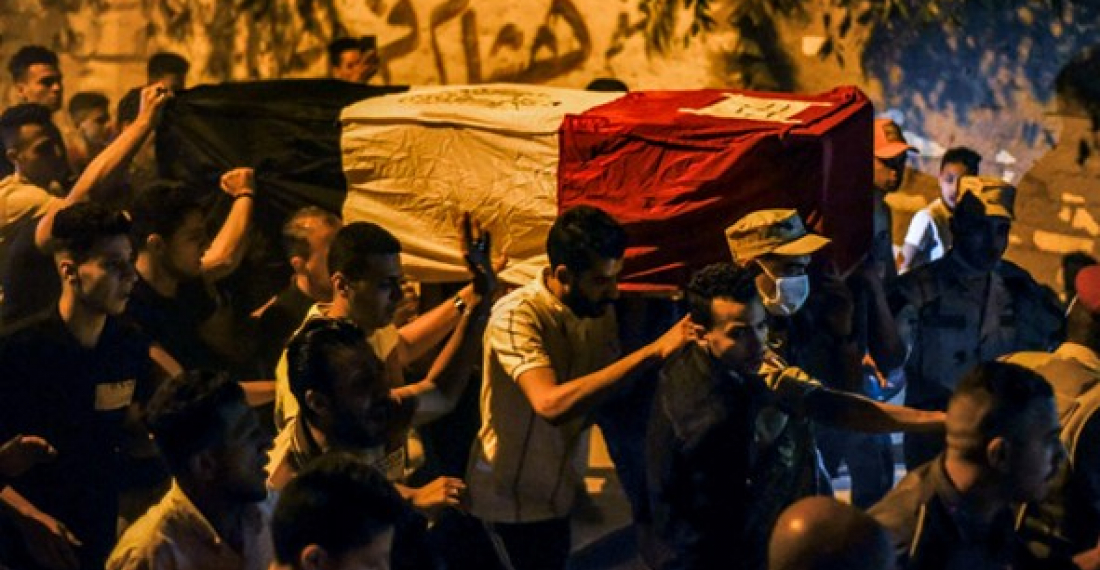At least 11 Egyptian soldiers, including an officer, were killed on Saturday, 7 May, in an attack by militants in the northern part of the Sinai Peninsula.
Egyptian soldiers reportedly succeeded in foiling a terrorist attack on a water-lifting station east of the Suez Canal. The Islamic State, via its propaganda arm Amaq, claimed responsibility for what is one of the highest tolls recorded by Egyptian forces on their soil in years.
Before fleeing into the northern Sinai desert, the Islamist militants had taken advantage of the element of surprise by ambushing the troops guarding the pumping installation.
This latest incident is yet another example of the many terrorist acts that have been perpetrated across the Sinaï region. Last week, in the northern Sinai town of Bir al-Abd, alleged militants blew up a gas pipeline, causing a fire with no casualties.
In this region, attacks often target Egyptian oil and gas pipelines that supply Jordan and Israel.
In November 2021, an agreement was reached between Egypt and Israel to reinforce troops around the border town of Rafah to quell armed groups.
While the last major attack in Cairo was in May 2020 - in an attack on the Pyramids of Giza - Egypt has been fighting an Islamic State-organised insurgency in Sinai since 2013. Christians and security forces have been the main victims.
The Egyptian army and police launched in February 2018 a vast counter-terrorism operation in Sinai, as well as parts of the Nile delta and deserts along the country's western border with Libya.
According to official figures, more than 1,000 suspected militants have been killed since operations began, but the conflict has been kept at a distance from tourist resorts at the southern end of the peninsula.







